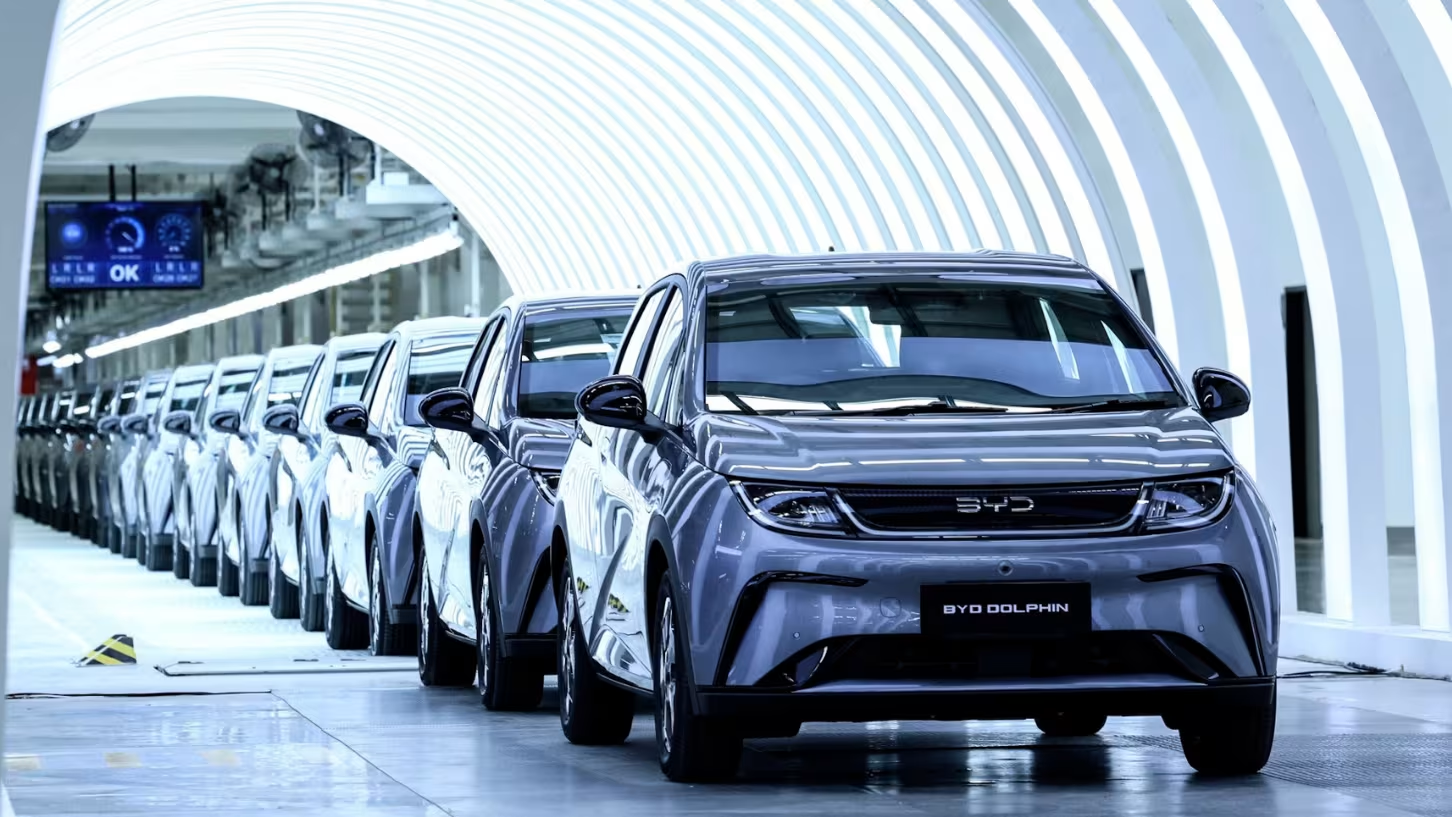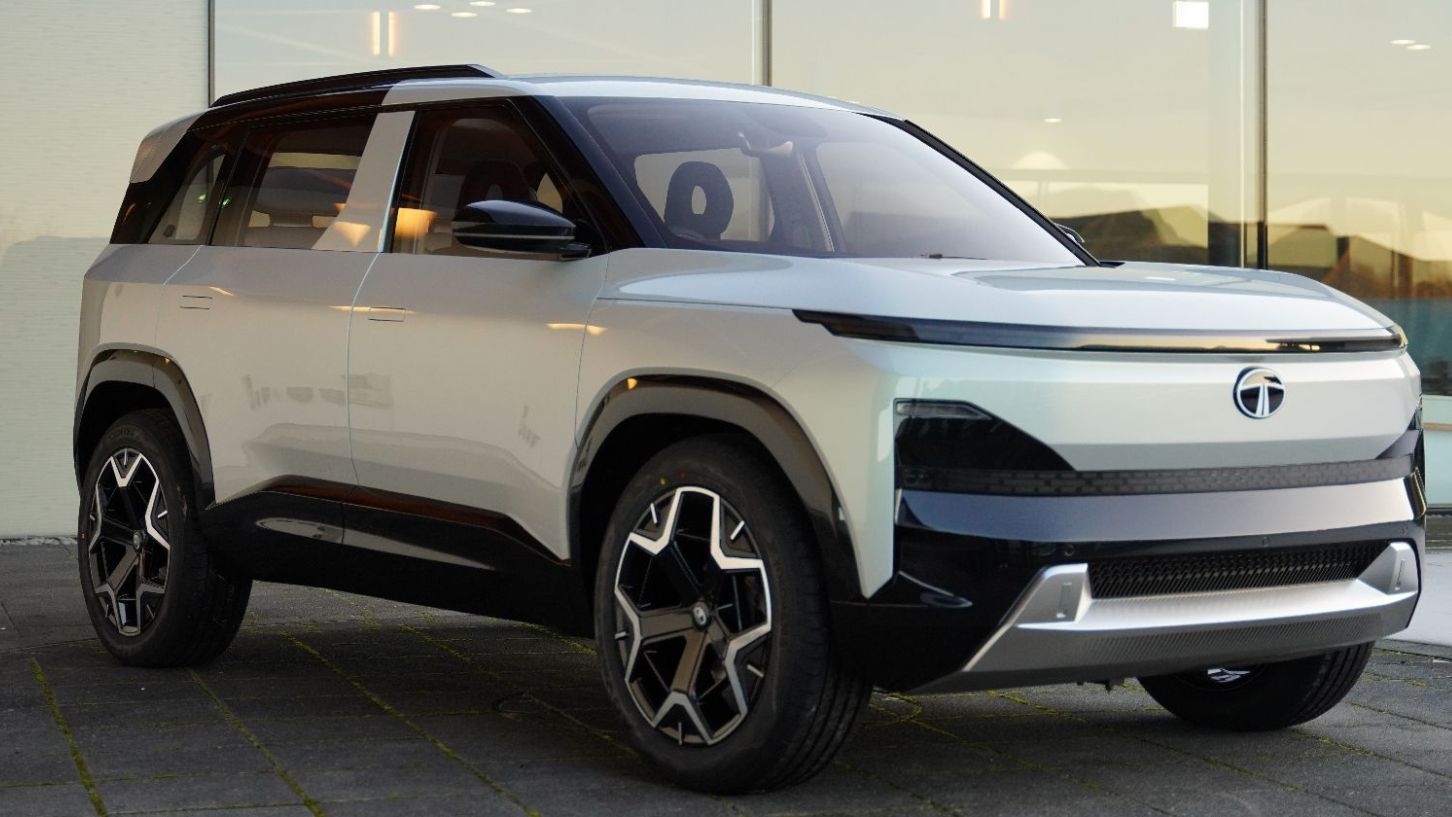BYD halts Mexico factory plans amid growing trade tensions – here’s what that means for the electric vehicle (EV) market, global supply chains, and the future of green mobility.
BYD halts Mexico factory plans – Geopolitical ripple effects
In a shocking pass, BYD—the arena’s biggest EV producer—has put its plans for a prime manufacturing facility in Mexico on indefinite pause. As Business Insider found, the company cited rising geopolitical issues and US prices as the main reasons for halting the project. Instead, BYD is redirecting its recognition toward a brand new plant in Brazil, with no authentic timeline set for a return to Mexico.
Why BYD paused the Mexico factory plan
Trade policy uncertainty
U.S. President Donald Trump’s threat of imposing steep tariffs (25% on Mexico-made vehicles and possibly up to 200% on China-assembled electric cars) has rattled the industry. In this landscape, manufacturing in Mexico becomes a high-risk gamble. BYD’s Stella Li emphasized that clarity on trade policy is essential before proceeding.
Political caution in Mexico
The Mexican government itself has treaded carefully—its president, Claudia Sheinbaum, has publicly stated that no formal Chinese auto-plant proposal exists. Secondary reports also highlight Mexico’s alignment with U.S. trade policy and the need to navigate diplomatic pressure.
Beijing’s hesitation
Even Beijing is delaying its approval for the venture. Chinese economic planners are reportedly worried about sensitive EV tech leaking to the U.S. via Mexican facilities.
What does this mean for EV manufacturing in the Americas?
Expansion in Brazil
BYD’s plant in Bahia, Brazil, marks its first auto-assembly site outside Asia. Though its construction met challenges—including allegations of labor abuse—BYD restructured partnerships and is now pushing ahead. This strategic pivot supports regional EV adoption while bypassing U.S. tariff barriers.
Slower Mexico rollout
By shelving the Mexico project, BYD signals broader caution across the industry. Other automakers, notably Stellantis and Nissan, are also reassessing Mexican investments due to trade policy fears. The ripple effect may delay job creation and EV availability in Mexico and Latin America.
Company strategy shift
BYD is reprioritizing a more measured, partnership-driven approach. Stella Li described a shift from a breakneck international expansion to local collaboration and due diligence. That could slow factory timelines but boost sustainability and compliance.
Broader industry consequences
U.S.–Mexico trade tensions
Tariffs on Mexican-made EVs aren’t just theoretical. Tesla’s Mexico plant is already in limbo, and many U.S. automakers may be forced to absorb increased costs or shift production. The full knock-on effect could include higher prices for end consumers.
Chinese automakers are slowing their global push
China’s National Development and Reform Commission has increased scrutiny on foreign auto investments. BYD and Geely are facing delays as Beijing weighs tech protection and diplomatic tensions. The result? Chinese EV brands may moderate their overseas growth strategy.
Mexican supply chain vulnerability
Mexico’s relatively limited EV supply chain infrastructure means BYD would have needed extensive parts imports subject to duties. A lack of localized EV component production further complicates long-term sustainability and tariff avoidance.
What’s next for BYD and the EV market?
India, Brazil & beyond
With Mexico off the table for now, expect BYD to explore markets like Brazil, India, Turkey, and Hungary—regions with fewer trade hurdles and favorable incentives.
Waiting out policy shifts
BYD’s timeline for returning to Mexico hinges on future U.S. administration policies and potential renegotiations of USMCA or EV duty exemptions. Investor sentiment and global trade frameworks will play decisive roles.
Conclusion
BYD’s decision to delay its Mexico plant sends a clear signal that geopolitics now heavily influence the EV expansion game. U.S. tariff threats, Mexican diplomacy, and Chinese regulatory caution have aligned to pause what could’ve been a game-changing production hub. Instead, BYD is doubling down on Brazil and monitoring the evolving trade landscape before committing further.
GLOBAL EV developments don’t hinge on one factory, but this improvement might also function as a template: Destiny Auto Investments will rely equally on political balance, supply chain maturity, and diplomatic harmony. The road ahead for Mexico’s EV goals is tough, but BYD’s careful, strategic moves could help it succeed in more receptive markets.



